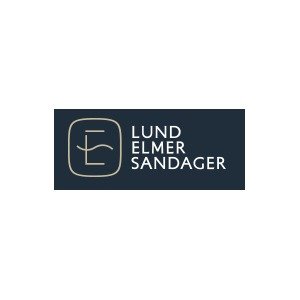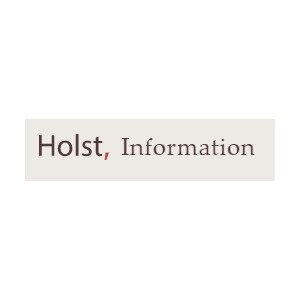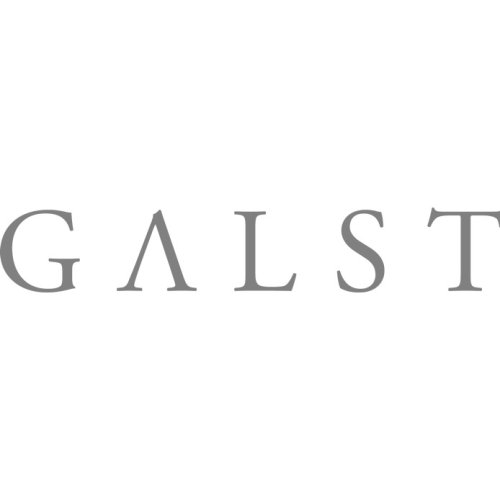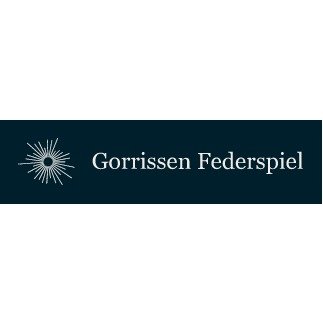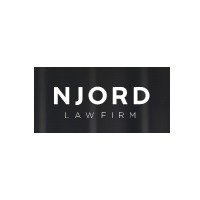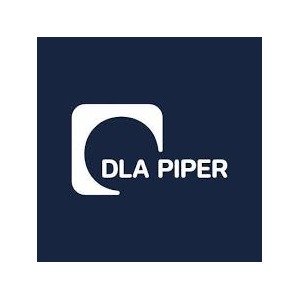Best Structured Finance Lawyers in Copenhagen
Share your needs with us, get contacted by law firms.
Free. Takes 2 min.
List of the best lawyers in Copenhagen, Denmark
About Structured Finance Law in Copenhagen, Denmark
Structured finance is a complex area of financial law that enables businesses, investors, and financial institutions to manage risk, allocate capital efficiently, and facilitate large-scale financing through specialized instruments and transactions. In Copenhagen, Denmark, structured finance encompasses a range of legal frameworks and regulatory requirements governing activities such as securitizations, asset-backed securities, syndicated loans, covered bonds, and derivatives transactions. The field is integral to the Danish financial sector, given Copenhagen’s role as a Nordic financial hub and home to major banks and investors.
Why You May Need a Lawyer
Engaging a lawyer with experience in structured finance is crucial for navigating the legal, regulatory, and contractual complexities that arise in this area. Common situations where legal assistance is beneficial include:
- Structuring and documenting securitizations or covered bond transactions
- Negotiating terms of complex syndicated loans or structured credit deals
- Ensuring compliance with Danish and EU financial regulations
- Due diligence during mergers, acquisitions, or asset transfers involving structured products
- Managing risks in derivatives trading and documentation
- Resolving cross-border legal and tax issues related to structured finance
- Addressing regulatory investigations or enforcement actions
Legal advice is essential not only for safeguarding your interests but also for ensuring transactions are executed efficiently and lawfully.
Local Laws Overview
Denmark’s approach to structured finance in Copenhagen is shaped by both national legislation and European Union regulations. Key aspects include:
- Financial Business Act (Lov om finansiel virksomhed): Governs the operation of financial institutions and sets out requirements relating to capital, risk management, and reporting.
- Copenhagen Stock Exchange Rules: Influences how structured products are issued and traded if listed.
- EU Directives and Regulations: Such as the Capital Requirements Regulation (CRR), Capital Requirements Directive (CRD), and the Securitization Regulation, directly apply or are implemented through Danish law.
- Covered Bonds Legislation: Denmark is known for its robust covered bond framework which offers investor protection and legal certainty.
- Contract Law: Underpins private agreements in structured finance, including the Danish Contracts Act and related regulations.
- AML and KYC Regulations: Anti-money laundering and know-your-customer requirements are strictly enforced, impacting due diligence processes.
Regular updates to these laws occur, especially given Europe’s dynamic regulatory landscape, making it essential to remain well-informed or seek legal advice.
Frequently Asked Questions
What is structured finance?
Structured finance refers to financial transactions that use complex legal and financial arrangements, often pooling assets or cash flows, to create investment products or facilitate funding beyond traditional lending.
How is structured finance regulated in Denmark?
It is regulated by Danish national law, EU directives and regulations, and oversight by the Danish Financial Supervisory Authority (Finanstilsynet). Financial institutions must comply with licensing, conduct, and reporting obligations.
What types of structured finance products are common in Copenhagen?
Common products include securitizations, covered bonds, syndicated loans, asset-backed securities, and derivatives such as swaps and options.
Is it necessary to involve a lawyer in every structured finance transaction?
Legal involvement is highly recommended due to the complex nature of structured finance deals, especially for compliance, risk mitigation, and transaction efficiency.
What risks are associated with structured finance?
Risks include regulatory breaches, credit and counterparty risk, legal disputes, market risk, and issues with enforceability of contracts.
How does Danish law treat covered bonds?
Denmark has a dedicated legal framework for covered bonds ensuring transparency, investor protection, and systemic stability, making them a popular financing tool.
Are there cross-border considerations for structured finance in Copenhagen?
Yes. Cross-border transactions may involve different legal systems, tax laws, and regulatory requirements. Legal advice is crucial to navigate these complexities.
What is the role of the Danish Financial Supervisory Authority?
The FSA oversees financial markets and institutions, enforces compliance with relevant laws, and approves certain financing structures and securities offerings.
Can individuals access structured finance, or is it limited to institutions?
Structured finance products are typically used by financial institutions, businesses, and sophisticated investors rather than individual retail investors.
What documentation is typically involved in a structured finance transaction?
Documentation can include offering memoranda, tranche documentation, security agreements, swap agreements, legal opinions, and regulatory filings, all of which must comply with Danish and EU law.
Additional Resources
Several organizations and resources can assist those seeking information or legal advice in structured finance in Copenhagen, Denmark:
- Danish Financial Supervisory Authority (Finanstilsynet) - regulates financial institutions and markets
- Association of Danish Mortgage Banks - provides guidance on covered bonds and mortgage-backed securities
- Danish Bar and Law Society (Advokatsamfundet) - helps find qualified lawyers specializing in finance law
- Ministry of Industry, Business and Financial Affairs - oversees financial sector policy
- European Securities and Markets Authority (ESMA) - issues guidelines applicable in Denmark
Utilizing these resources can provide valuable insights and support throughout the structured finance process.
Next Steps
If you believe you require legal assistance for a structured finance matter in Copenhagen, consider the following steps:
- Clearly define your objectives, whether related to issuing securities, arranging finance, or ensuring compliance.
- Collect relevant documentation and prepare a summary of the transaction or issue.
- Contact a lawyer or law firm with proven expertise in structured finance and financial regulation.
- Consult with the Danish FSA or suitable professional organizations for regulatory guidance if needed.
- Engage legal counsel early to ensure all structuring, negotiation, and compliance matters are covered.
Taking a proactive approach with the right legal support will help ensure your structured finance transactions proceed smoothly and in compliance with all relevant laws and regulations in Denmark.
Lawzana helps you find the best lawyers and law firms in Copenhagen through a curated and pre-screened list of qualified legal professionals. Our platform offers rankings and detailed profiles of attorneys and law firms, allowing you to compare based on practice areas, including Structured Finance, experience, and client feedback.
Each profile includes a description of the firm's areas of practice, client reviews, team members and partners, year of establishment, spoken languages, office locations, contact information, social media presence, and any published articles or resources. Most firms on our platform speak English and are experienced in both local and international legal matters.
Get a quote from top-rated law firms in Copenhagen, Denmark — quickly, securely, and without unnecessary hassle.
Disclaimer:
The information provided on this page is for general informational purposes only and does not constitute legal advice. While we strive to ensure the accuracy and relevance of the content, legal information may change over time, and interpretations of the law can vary. You should always consult with a qualified legal professional for advice specific to your situation.
We disclaim all liability for actions taken or not taken based on the content of this page. If you believe any information is incorrect or outdated, please contact us, and we will review and update it where appropriate.



